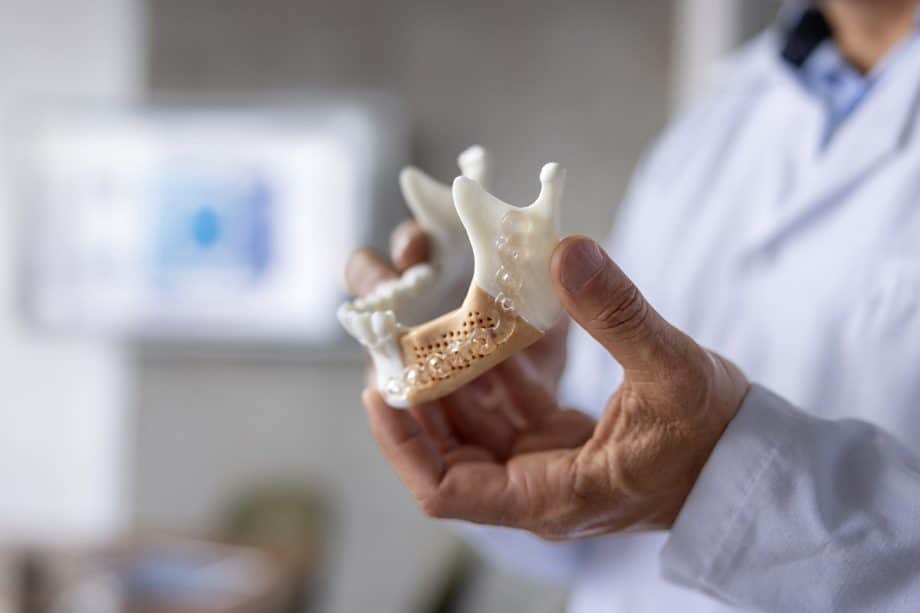Although orthodontic treatment usually involves straightening teeth with traditional braces or clear aligners, some complex issues require additional treatment. Often, this relates to the alignment of the jaw, rather than the teeth.
In this situation, traditional orthodontics may not be enough. Known as orthognathic surgery, surgical orthodontics can successfully tackle jaw issues and significantly improve the patient's oral health.
What is Surgical Orthodontics?
Surgical orthodontics involves a corrective jaw surgery to address misalignments within the jaw. This procedure is performed by an oral and maxillofacial surgeon who works closely with your orthodontist, who will handle all pre- and post-operative treatment.
It is common for patients to wear braces before and after the surgery to keep teeth in alignment while working to get the best possible bite in the future.
When is Surgical Orthodontics Needed?
Many patients of all ages seek orthodontic treatment and never have to undergo oral surgery. This advanced treatment is reserved for those with jaw issues that cannot be handled by braces alone. Below are a few scenarios when this may be necessary.
Severe bite misalignment. Overbites, underbites, and open bites are common and occur when the upper and lower jaws do not align properly. When this misalignment is too large for braces, jaw surgery may be required.
Lack of facial symmetry. Facial and jaw structure should look the same on either side. When it doesn’t, it can affect the facial appearance and the jaw’s function. It can also impact one’s self-esteem. Advanced treatment is needed.
TMJ disorders or chronic pain. Sometimes, a jaw misalignment can lead to pain and dysfunction. Surgery is often the best option for lasting relief.
Speech or chewing difficulties. Bite issues can do more than impact appearance or cause pain. They can impair speech and make eating a painful challenge. Jaw surgery can bring things back into alignment so that proper speech and good nourishment are possible.
What Can You Expect with Surgical Orthodontics
If your orthodontist recommends jaw surgery, you can expect to be treated first to align your teeth. When they reach their ideal position, surgery will take place to reposition the jaws so that everything is aligned properly.
Healing takes time. As it does, your orthodontist will use this time to make adjustments and do any necessary fine-tuning.
The idea of surgery may seem scary, but the results are often life-changing. This procedure can improve your bite function, appearance, and overall confidence.
Frequently Asked Questions About Surgical Orthodontics
Is jaw surgery painful?
While the surgery itself is not painful, discomfort during recovery should be expected. Medication can be recommended to manage this pain so that healing and getting back to normal activities are possible.
At what age does someone require surgical orthodontics?
Jaw surgery can be performed at any age, but it is often recommended for patients after their growth has stopped, typically late teens to early 20s. As a result, the surgery will not interfere with development.
At The Brace Place, we understand that every smile is unique. Sometimes that means utilizing tools beyond traditional treatment. If you have a jaw misalignment or feel that your bite just doesn’t add up, we can help. Let us guide you through your orthodontic journey, including surgical options if needed. Call us at 904-249-0037 or schedule a consultation online today!


